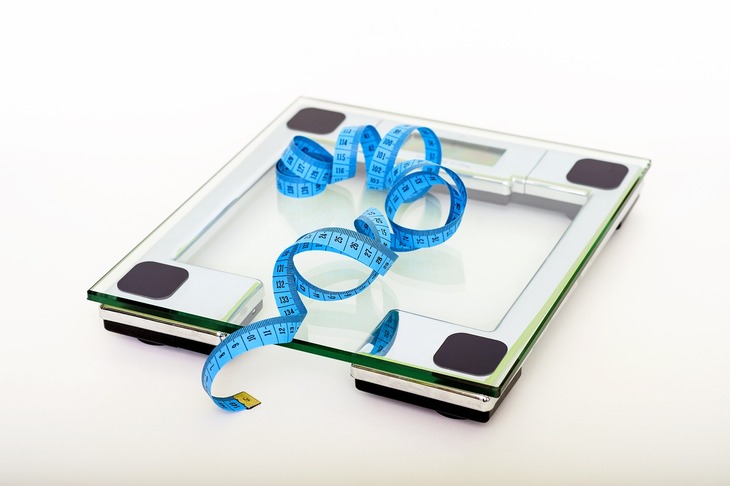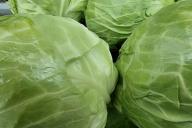The word "diet" is usually associated with weight loss.
However, this is only a simple association, because this word describes the entire diet.
Diets can have different goals.

This could be weight loss, weight maintenance, or weight gain.
There can be many reasons for going on a diet to gain weight, and each of them is very individual.
A weight gain diet is often used by people struggling with being underweight.
Being underweight (like being overweight) is an unfavorable health condition and requires intervention in the form of a special diet.
However, this is not the only reason. Dieting for weight gain can also be part of the muscle building process in people who are physically active.
It is important to know that a diet for weight gain is not only a calorie surplus, but first and foremost providing the body with nutritious food.
How to Gain Weight and Increase Body Mass Properly
One thing needs to be made clear here. "Gaining mass" is not simply gaining weight. Healthy weight gain is based primarily on the development of muscle tissue, not fat tissue.
Gaining weight by increasing body fat is unhealthy and should not be used as a way to gain weight.
To gain weight in a healthy way, you should focus on building muscle mass.
This applies to both underweight people who do not care about muscular posture, and physically active people who want to build a beautiful figure.
The main principle of a diet for increasing muscle mass is a calorie surplus. This is what allows you to develop muscles.
However, it is important to know that the amount of excess depends on the individual calorie needs. They are influenced by gender, age, diet goal, lifestyle and physical activity.
The key to healthy weight gain is to create a balanced menu with a certain calorie content, which will be rich in the appropriate amount of proteins, fats and carbohydrates.
How to choose the calorie content of dishes to gain weight with health benefits
To determine the number of calories in your diet, you first need to know your daily calorie needs.
You can calculate them yourself or seek the help of a nutritionist.
He will take into account all factors and establish a diet that will help you gain weight correctly and quickly.
It is generally believed that one should eat 5 times a day and eat at specific times.
These are three main meals, i.e. breakfast, lunch and dinner, as well as two snacks in the form of a second breakfast and an afternoon snack. A balanced diet will allow you to gain weight quite quickly.
What to eat to gain weight
Protein
Protein should make up about 20-25% of the diet. If the goal is to build muscle mass, then the higher the initial muscle mass, the more protein should be included in the diet.
It is a building material that can be found in both meat and plant products.
However, it is worth understanding that the best source of protein is meat, so vegetarians will have to spend a little more time preparing dishes with plant-based protein.
Protein can be supplied to the body by eating lean meat, eggs, cottage cheese, dairy products, fish or peanut butter.
Plant foods that contain protein include legumes such as chickpeas, lentils, soybeans, and beans.
Carbohydrates
The weight gain diet is based mainly on carbohydrates, as they are the basis of the supplied energy, stimulating metabolism.
The amount of carbohydrates in the diet should be approximately 40-50%. Excellent sources of complex carbohydrates are cereals (especially buckwheat and millet), potatoes (including sweet ones) and whole grain bread.
In a balanced diet, it is worth choosing foods with a high glycemic index. These include white rice, bananas, peaches and dried fruits.
Fats
Fats should make up about 25-30% of the total diet. Their main task is to provide the body with energy and support the endocrine and nervous systems.
A weight gain diet requires reducing your intake of saturated fatty acids, which do not provide any benefits.
They are found in fatty meats and butter, as well as highly processed foods such as chips and sweets.
It is worth choosing unsaturated fatty acids, as they support the cardiovascular system and have an anti-inflammatory effect.
They can be found in vegetable oils, olive oil and pumpkin seeds. However, you should not overdo it with fatty foods, as they contain a lot of calories.








